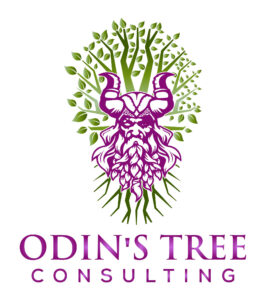Employers are constantly looking for ways to ensure they hire the most qualified candidates. One method that has gained popularity is requiring certifications, such as those offered by the Society for Human Resource Management (SHRM). However, it is important to question whether these certifications truly provide the level of expertise and value they claim to. This article aims to debunk the notion that SHRM certifications are a reliable indicator of competency and expertise in the field of human resources.
- Limited practical application:
While SHRM certifications provide a theoretical understanding of HR concepts, they often lack practical application. The certification exams focus primarily on testing knowledge rather than evaluating real-world problem-solving skills. This means that even individuals who have memorized the material may struggle to apply it effectively in practical work scenarios. Employers should prioritize hands-on experience and a track record of successful HR management over certification alone.
- Lack of industry-specific knowledge:
The field of human resources is diverse, with different industries having unique HR challenges and requirements. SHRM certifications, however, are not tailored to specific industries. This means that individuals with certifications may lack the specialized knowledge needed to address industry-specific HR issues. Employers are better served by seeking candidates who have experience in their particular industry, as these individuals are more likely to understand the intricacies and complexities of HR within that specific context.
- Rapidly changing HR landscape:
The HR field is constantly evolving due to changes in laws, regulations, technologies, and workplace dynamics. SHRM certifications, on the other hand, require periodic recertification but may not adequately keep up with these changes. This can result in HR professionals relying on outdated information and practices that are no longer effective or compliant. Employers should focus on candidates who demonstrate a commitment to staying up-to-date with industry trends and are agile enough to adapt to changing circumstances.
- Diversity and inclusion considerations:
SHRM certifications have come under scrutiny for their lack of emphasis on diversity and inclusion topics. In today’s world, fostering a diverse and inclusive workplace is of utmost importance. Employers should seek HR professionals who have a deep understanding of these issues and can effectively implement strategies to promote diversity and inclusion. Relying solely on SHRM certifications may inadvertently exclude candidates who possess this crucial skill set.
While SHRM certifications may initially seem like a reliable indicator of HR competency, they should not be the sole criteria for evaluating candidates. The practical application of knowledge, industry-specific expertise, adaptability, and a strong focus on diversity and inclusion are equally important considerations for employers. By embracing a holistic approach to hiring, employers can ensure they are selecting HR professionals who possess the necessary skills and qualities to thrive in a rapidly changing HR landscape.




